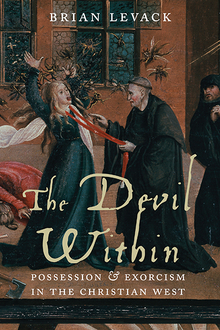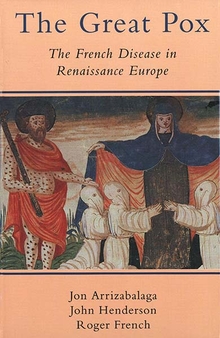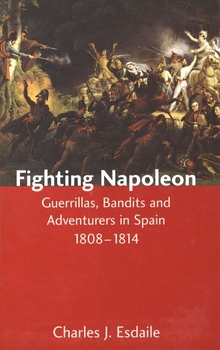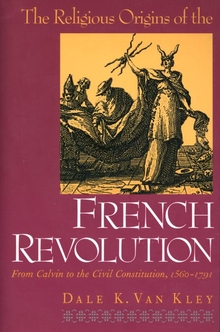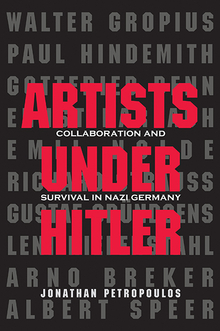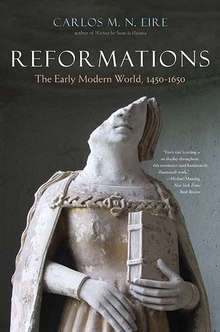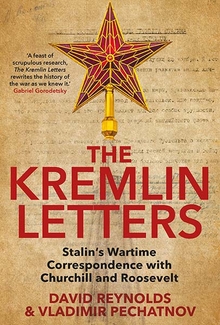The Origins of the Cold War in Europe
WARNING
You are viewing an older version of the Yalebooks website. Please visit out new website with more updated information and a better user experience: https://www.yalebooks.com
International Perspectives
Edited by David Reynolds
Although the Cold War is over, the writing of its history has only just begun. This book presents an analysis of the origins of the Cold War in the decade after the Second World War, discussing the development of the United States and the Soviet Union as superpowers and the reactions of the Western European states to the growing Soviet-American rivalry. Drawing on recently opened archives from the former Soviet Union as well as on existing research largely unavailable in English, distinguished authorities from each of the countries discussed provide new insight into the Cold War and into the Europe that has been molded by it.
The book begins with an overview of United States Cold War policy after the war and a pioneering post-communist examination of Russian involvement. The next chapters focus on the other two members of the wartime alliance, Britain and France, for which the Cold War was interwoven with concerns such as the maintenance of empire and the continued fear of Germany. The book then examines the vanquished countries of World War II, Italy and Germany, who—particularly in the case of divided Germany—were struggling to recover their international status and come to terms with their past. The last part of the book considers how the small states—Benelux and Scandinavia—forged new groupings in the search for security, even though conflicts of national interest still persisted between them.
The authors not only show the impact of superpower policies on each country but also reveal the many ways in which West European states were active participants in Cold War politics, trying to draw the Americans into Europe and shaping the blocs that emerged. The book sheds light on the European Community (in many ways a response to uneasiness about Germany) and on NATO, whose purpose was once described as keeping "the Russians out, the Americans in, and the Germans down."
The book begins with an overview of United States Cold War policy after the war and a pioneering post-communist examination of Russian involvement. The next chapters focus on the other two members of the wartime alliance, Britain and France, for which the Cold War was interwoven with concerns such as the maintenance of empire and the continued fear of Germany. The book then examines the vanquished countries of World War II, Italy and Germany, who—particularly in the case of divided Germany—were struggling to recover their international status and come to terms with their past. The last part of the book considers how the small states—Benelux and Scandinavia—forged new groupings in the search for security, even though conflicts of national interest still persisted between them.
The authors not only show the impact of superpower policies on each country but also reveal the many ways in which West European states were active participants in Cold War politics, trying to draw the Americans into Europe and shaping the blocs that emerged. The book sheds light on the European Community (in many ways a response to uneasiness about Germany) and on NATO, whose purpose was once described as keeping "the Russians out, the Americans in, and the Germans down."
David Reynolds is a fellow of Christ's College, Cambridge.
ISBN: 9780300105629
Publication Date: March 23, 1994
Publication Date: March 23, 1994
288 pages, 6 1/8 x 9 1/4


